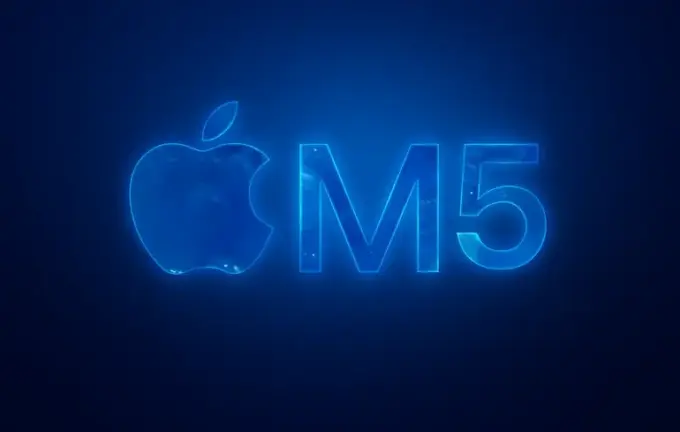Apple Unveils New Products Featuring the Revolutionary M5 Silicon Chip

On Wednesday, October 15th, the global tech community received exciting news from Apple — the company announced the launch of updated versions of its popular devices equipped with the latest M5 silicon processor.
This marks a significant milestone in the advancement of mobile and computing technologies, as the new chip defines the performance and capabilities of these devices.
The M5 processor is built on cutting-edge artificial intelligence technology and includes a deca-core graphics processor with neural accelerators, ensuring a substantial increase in data processing speed.
According to Apple, this chip is four times faster than its predecessor, the M4, enabling more efficient multitasking — up to 15% performance gains.
This means the new products will operate even faster and more efficiently in daily workloads.
During the presentation, Apple also announced an upgrade to the MacBook Pro lineup, now featuring a 14-inch display and up to 24 hours of battery life, a record-breaking achievement in portable laptops.
Additionally, they introduced the new iPad Pro with the M5 processor and the C1X modem, enhancing mobile communication and productivity.
The first shipments, starting October 22nd, will offer users a 45% increase in graphics performance compared to previous models, along with expanded functionalities.
Another key highlight was the Apple Vision Pro headset, equipped with the improved M5 chip that offers better image rendering and faster AI integration.
The device’s design and features were enhanced through the addition of a dual Knit Band strap, increased refresh rate from 100 to 120 Hz, and a higher pixel count for sharper visuals.
Towards the end of the year, Apple declared significant investments in artificial intelligence, aiming to build a robust technological foundation that ensures top-tier privacy and security for its users.
This strategy involves processing requests using proprietary chips without data leaving the Apple ecosystem, aligning with the company’s mission to maintain control over its data.

